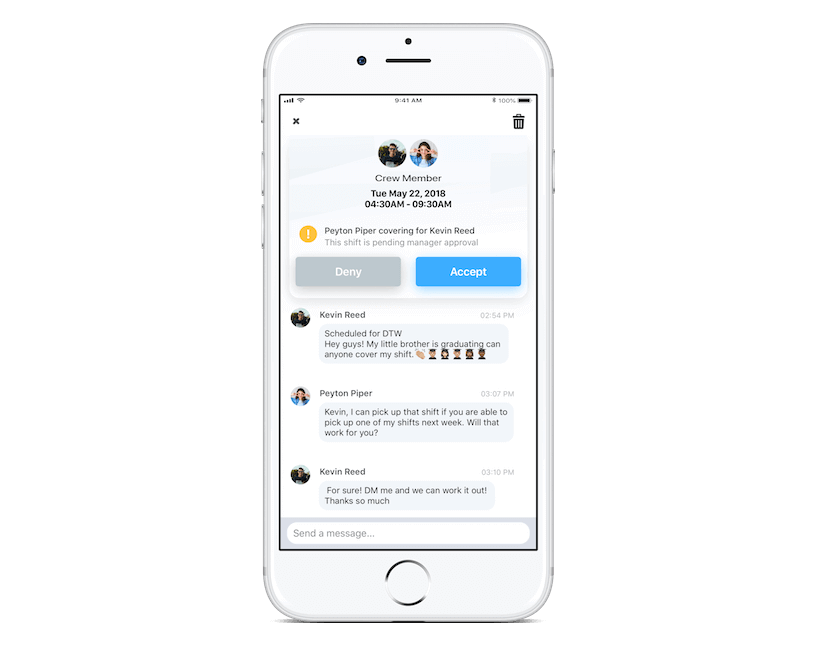The trend of predictable scheduling legislation continues to move across the country. The latest city to examine the issue is Chicago. The Chicago city council approved the “Chicago Fair Workweek Ordinance.” We’ve written a great explainer to highlight what Fair Workweek/ predictable scheduling laws usually entail. The legislation is designed to mirror laws in place in New York, San Francisco, Seattle, and Oregon.
According to the Chicago Tribune, the bill was met with opposition by business leaders initially. Groups for and against the bill were ultimately able to compromise.
The Chicago Tribune quoted business leader Michael Jacobson: “Between the wage piece and ability for employer and employee to voluntarily agree to shift changes, those were two of the several provisions that ultimately convinced us to remove our opposition.”
What’s Included in the New Legislation
The legislation “aims to be the broadest in the country” and is the first to include health care employers. Here are the key details of the new ordinance:
- Employers are required to give workers “at least two weeks’ advance notice of their schedules and compensate them for last-minute changes”
- Applies only to employees making less than $26 per hour
- Covers employees working in building services, health care, hotels, manufacturing, restaurants, retail, and warehouse services
- Applies only to businesses with 100 or more employees, to nonprofits with more than 250 employees, to restaurants with at least 30 locations and 250 employees globally, and to franchisees with four or more locations
- Includes a “right to rest” provision that ensures employees have at least 10 hours’ break between shifts
- Employers are required to offer extra hours to existing part-time employees before hiring new staff members

Though the details of these laws are complex, one item of note is that employee-initiated shift swaps are not restricted by this legislation. When two employees decide to swap (trade) shifts with each other, the employer can approve that trade, without penalty, within the two week advance notice period. Employers can also change an employee’s hours if both parties agree to the change and put it in writing.

Flexible Scheduling on Mobile
Apps such as Shyft facilitate this type of worker flexibility, allow for manager approval, and create the electronic records necessary for compliance. Shyft enables employees to trade shifts and pick up extra shifts posted by their manager. Shyft’s app is much more practical than other methods such as Facebook groups, text messages, etc. and has been proven to reduce callouts and no shows.
Added benefits of compliance with these laws can include increased employee morale and retention. This means reduced investments in staffing, hiring, and training. Our case study with an international brand showed similar results.
Shyft Helps Companies Stay Compliant
At Shyft, we are closely monitoring these workplace trends and creating solutions that benefit employees as well as business owners. Unlike other shift-swapping practices, our best-in-class mobile platform offers record-keeping and reporting to ensure legal compliance. We have created an end-user focused, engaging mobile experience that empowers shift workers while simultaneously providing employers with the tools they need to drive conversion while staying compliant.
If Predictable Scheduling legislation impacts your business, reach out to us to discuss how Shyft can help.










